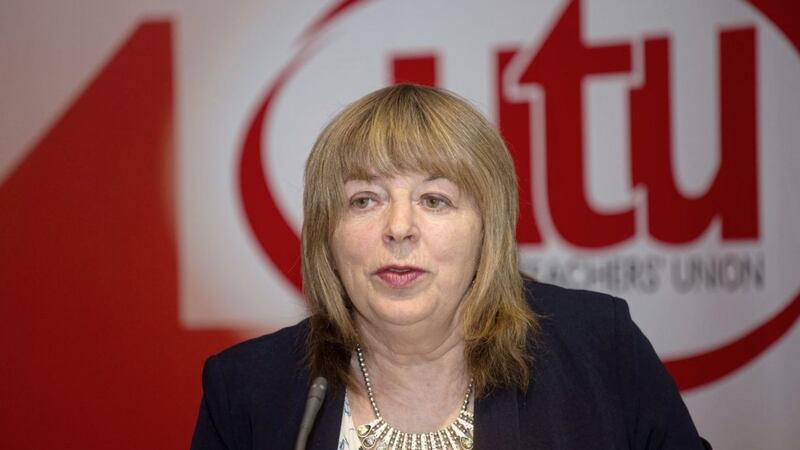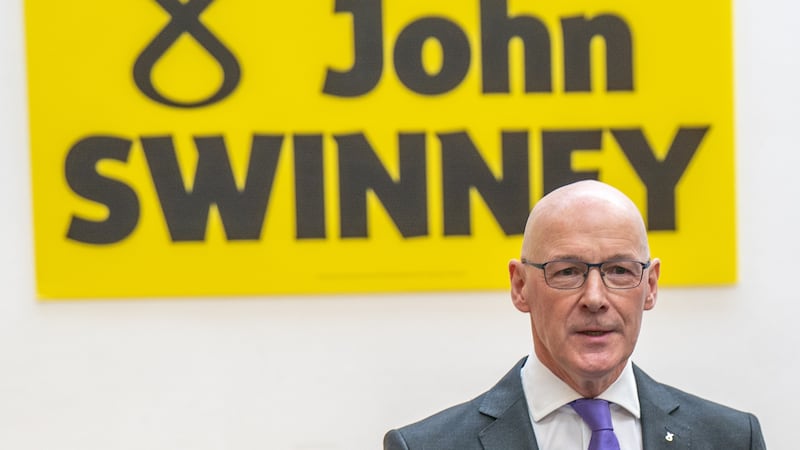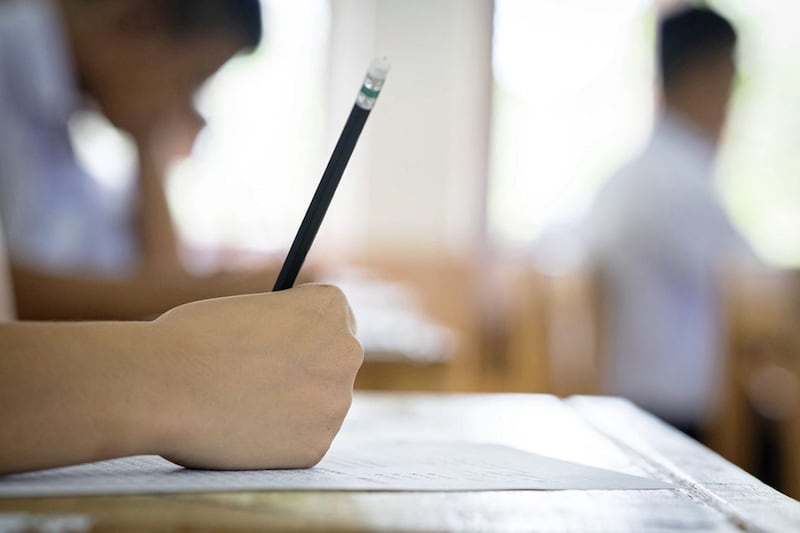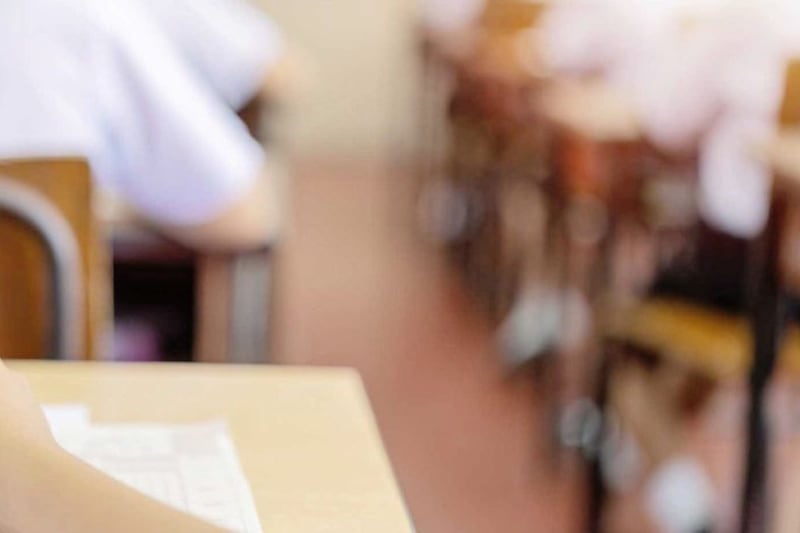ACADEMIC selection is to blame for children's dip in performance between primary and secondary school, a union has claimed.
Results from a survey of 15-year-olds this week showed that the performance of Northern Ireland pupils remained stable compared to 71 other regions.
The Programme for International Student Assessment (PISA) highlighted continued need to tackle underachievement, however.
Pupils in Northern Ireland performed above the average in science but were at the average in mathematics and reading.
Just last week, data from the 2015 Trends in International Mathematics and Science Study revealed that only five of the 50 countries taking part in maths assessments outperformed Northern Ireland.
Education minister Peter Weir said he wanted to understand the gap in performance between primary and post-primary.
The Ulster Teachers Union (UTU) said there was "no mystery".
"The statistics show that, despite the unprecedented fiscal challenges facing our educational system, challenges which are tipping our schools towards a crisis point, Northern Ireland children continue to perform very well, above average in some areas," said UTU general secretary Avril Hall Callaghan.
"However, the minister asks why there has been no improvement in results and why he believes there to be a dip in performance between primary and post primary pupils' results. He says he wants to take time to better understand why.
"There's no mystery. The main thing that separates children in primary and secondary education here is academic selection. Therein, surely, lies the solution to the minister's conundrum. It is a scandal that this legislature insists, for the most disingenuous of reasons it seems, to continue with the appalling education apartheid of academic selection at 11."
She added it was little wonder that the cohort of children labelled `fails' after the 11-plus were disengaged with learning when they entered their secondary education.
"Pupils should be able to get the education they are entitled to without any process of selection or rejection," she said.
"Schools should not be telling children they are not good enough."








